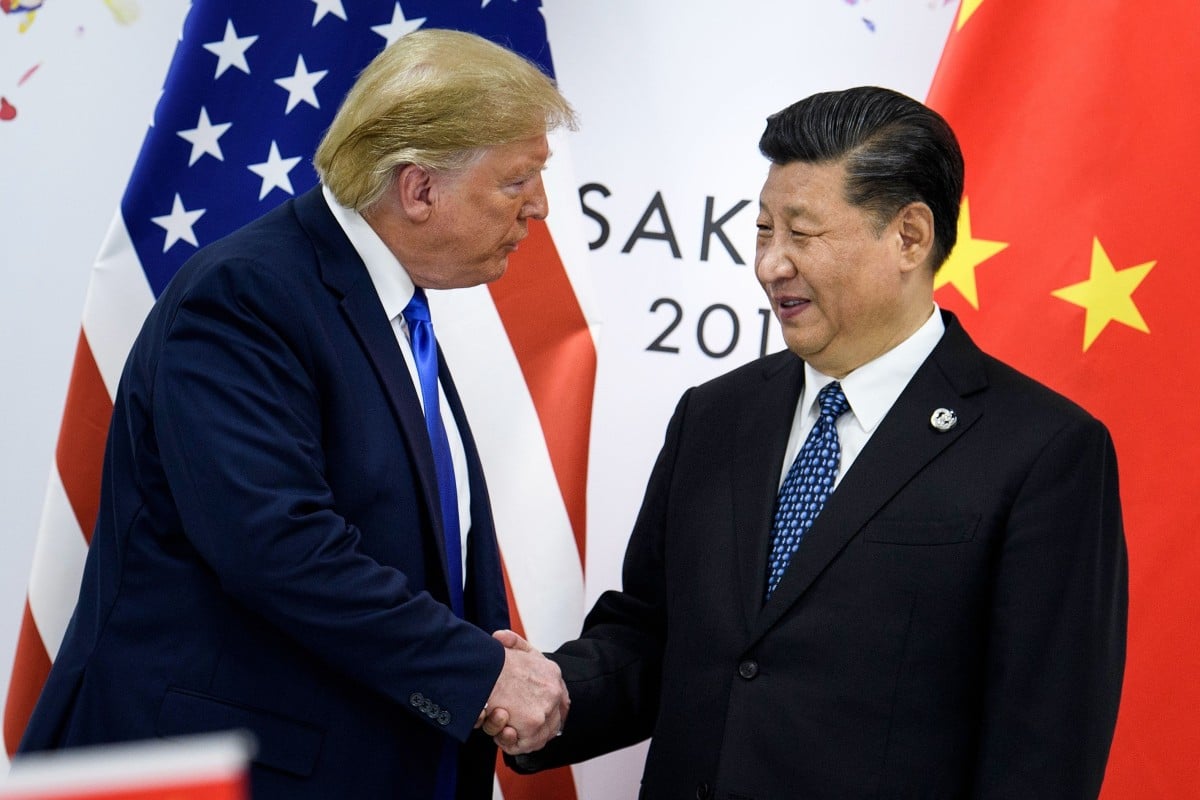
Negotiations between the U.S. and China may appear volatile at times, but there’s still a chance the two countries could resolve their differences over the longer term, the chairman of UBS said on Saturday.
Investors have been following developments around the trade negotiations for signs on where the tariff conflict is headed. On Friday, Chinese representatives, who were in Washington to discuss trade ahead of next month’s high-level talks, unexpectedly cancelled a planned trip to meet with U.S. farmers. It was a development that sent the S&P 500 down slightly.“You have to look through these because there’ve been ups and downs in these negotiations, there’s been a lot of volatility on both sides about these negotiations,” Axel Weber, chairman of the Swiss wealth management giant, told CNBC’s Nancy Hungerford at the Singapore Summit.
The U.S.-China trade war, which started more than a year ago, has hurt business confidence and is often cited as one of the bigger risks to the global economy.“What we’re interested in is the long term developments and whilst there is a big dispute at the moment, I think there’s also potential for resolution. And the potential for resolution lies in the very fact that trade is really beneficial to both sides,” he said.
The International Monetary Fund, for one, warned that elevated tariffs as a result of the U.S.-China dispute could shave 0.8% off global economic output in 2020 — and potentially result in further losses in the following years.

Both the U.S. and China would not be spared from such adverse economic impact — that’s one of the factors that would continue to prod both parties to return to the negotiating table, predicted Weber.Like Blackstone Executive Vice Chairman Tony James, the UBS chairman said the two countries could reach “an agreement that will sort out certain developments” and leave other sticking points for further negotiations.
In addition to the impact on economic growth, some experts have warned the U.S.-China bilateral fight could split the technology world in two.
But Weber said that divide has existed from the very beginning, with China having developed technology platforms such as those by Chinese social media platform, WeChat, and e-commerce giant Alibaba, which are similar to Facebook and Amazon in the U.S.
The trade war looks likely to reinforce those divisions — which is also bad news for the global business community, he added.



